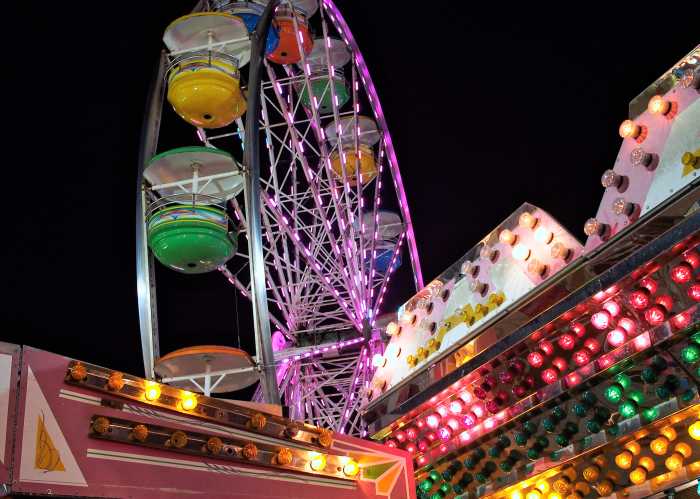
“A Weekend in New York,” the new novel from Benjamin Markovits out Tuesday, takes place over four days in late August 2011, but feels like a relic from a much more distant world.
Paul Essinger rarely gets past the first week of the U.S. Open anymore, but his extended family (parents, three siblings plus kids) still make the trip to New York each year to watch him play. Now, his career stagnated at age 33, Paul plans to call it quits.
The Essingers are a family that “talked everything through,” and their conversations, mostly over meals, dominate this novel. When they aren’t eating, they’re on public transportation, where they talk some more. Markovits is adept at their multilayered dialogue, and their interplay sparkles.
As for narrative arc, there really isn’t any. Paul preps for the Open by hitting balls and springing his retirement plans on everyone, including Dana, his live-in girlfriend and the mother of their 2-year-old son. His siblings bicker. His parents recall their youths — hers in Hitler’s Germany, his on the Lower East Side. They adore their children; they fret over their children. The reader yearns for a mugging or something to provoke these talkers into action.

Markovits, who grew up in Texas and lives in London, also fails to capture any sense of the city. Recent novels by native New Yorkers, such as Dana Czapnik’s “The Falconer” and Tom Barbash’s “The Dakota Winters,” pulse with the physiology of the Upper West Side, where all three stories are set, transporting readers. Markovits presents a series of character studies, and that is the real shortcoming here. There’s nothing wrong with this novel per se, but given the world in which we live, reading about the inconveniences and personality shortcomings of wealthy visitors to the UWS feels like a wasted weekend.





































